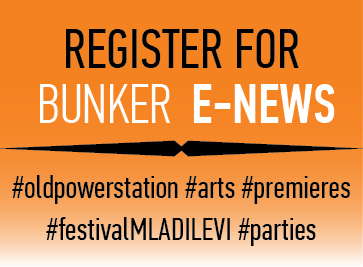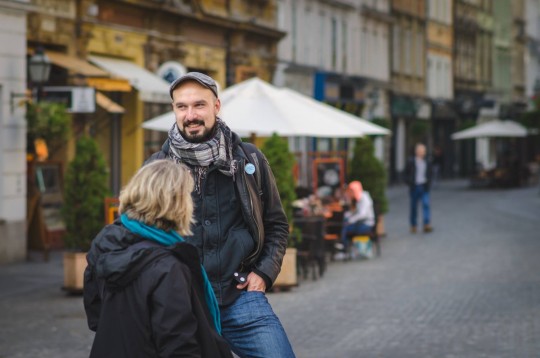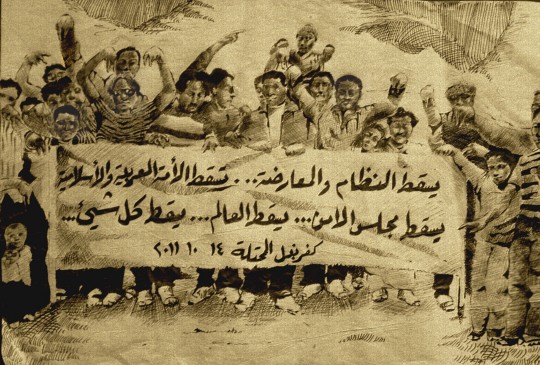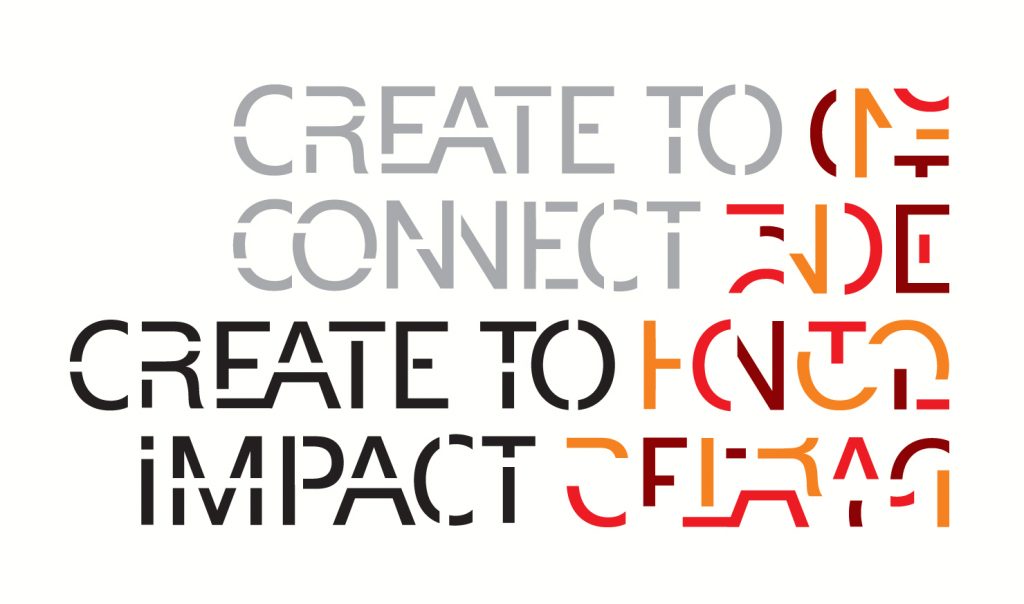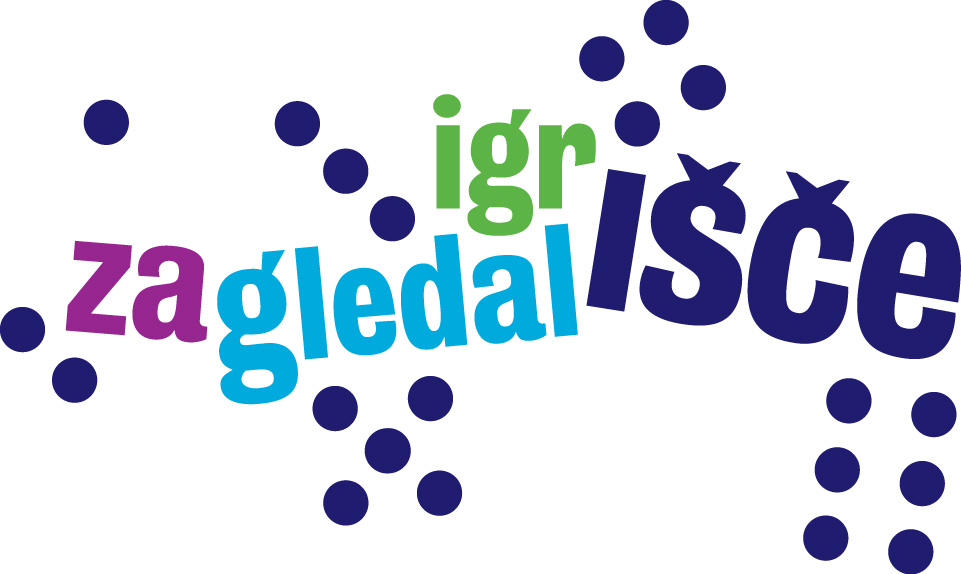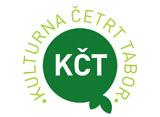Svetlana Slapšak: ESCAPISM, EVACUATIONISM, MICROCOMMUNISM OR MONASTERIES, ISLANDS, FORESTS: all the escapes from revolution (lecture)
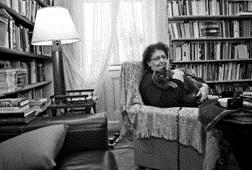 Photo: archive Svetlane Slapšak
Photo: archive Svetlane Slapšak
22nd November at 11.30 am at GT22
Svetlana Slapšak’s realm of expertise, publishing and research is so vast, that – as Dijana Matković put it – it is admirable that it is mastered by only one person. Her areas of expertise include linguistics, antic studies, Balkan studies, gender studies … She has published numerous essays, translations, books and also – started more than 50 petitions. She has fought against death penalty, for peace, for human treatment of refugees, for women’s rights … She is also the current columnist of Maribor’s biggest daily – Večer. Svetlana Slapšak seems to embody the ideal of engaged intellectual who is not afraid to get her hands dirty – either with politics or with banal topics such as cabbage (she wrote a book on cabbage and sexuality) – but at the same time bases her activism and thought on thorough understanding of history and anthropology. Who best to speak about the future and survival than someone who knows about the history and human nature – either from anthropology or from Greek drama?
Part of Urban Heat LAB #5, SURVIVAL NARRATIVES: Socio-economic Power Structures
Mitja Velikonja & Sandi Abram: WHEN WALLS SPEAK: THE IDEOLOGY OF GRAFFITI AND STREET ART IN LJUBLJANA
Photo: Abram
Saturday, August 27th, 11.00–14.00
Prešeren Square
Recently, the Municipality of Ljubljana started a war against vandalism with its campaign »Take care of your city, it’s the only one you’ve got!«. Among other points, they urge inhabitants to report graffiti »vandalism« and perhaps suggest designated surfaces where the practice should be allowed. Instead of »hearing« what street artists and graffiti writers have to say, they’re being reduced to offenders or confined to controlled areas where freedom of art and expression is sponsored, monitored, in short, legal.
Sandi Abram and Mitja Velikonja will take us on a graffiti-walk around Ljubljana. They’ll guide us from graffiti to graffiti and – together with the audience – try to read or decipher messages from the particular piece. Besides the aesthetics, discussion will touch upon the political implications of these »urban frescoes« and, consequently, try to think about the ever-dubious nature of the relationship between art and political ideology on the streets: are graffiti merely reproducing or actually confronting current dominant ideologies, how/why/by whom are they (de)constructing them? Are these images signs of consent or dissent? How is, for example, the recent »refugee crisis« reflected in the streets? What do the graffiti tell us about the political landscape of Slovenia and its current issues? In short: what do the Ljubljana walls speak about?
Mitja Velikonja is a professor of Cultural Studies and chair of the Centre for Cultural and Religious Studies at the University of Ljubljana. His main areas of research include new transitional ideologies, subcultures and urban cultures, collective memory and post-socialist nostalgia. He is currently interested in the ideological dimensions and political potentials of contemporary graffiti and street art: from those sprayed by football fans to (anti)nostalgic ones, from graffiti battles of different sub-political groups to – in recent months – pro/anti-refugee ones.
Sandi Abram is a researcher in the field of graffiti and street art and the founder of the daily Ljubljana Graffiti Tour. His final thesis was »From graffiti to Graffiti: street creativity in the vice of incorporation practices«. He also co-edited a double issue of the Journal for the Critique of Science (Časopis za kritiko znanosti) on graffiti and street art. His research interests encompass the (re)appropriation of public spaces, contemporary journey(wo)men and craft, non-institutional artistic and artivism practices, with a special focus on urban creativity and street cultures.
Tony Chakar: ON POSSIBILITIES, UNLEARNING, UNDOING
Photo: Tony Chakar’s archive
Friday, August 26th, 11.00–13.00
Union hall in Elektro Ljubljana
In the cacophony of political ideologies and narratives, we sometimes wonder what to believe, how to structure our world. But maybe we’re trying to find order or even »the truth« – and consequently solutions to our grave situations – on a false basis. Instead of searching for the right ideology, the right narrative, a mythology that will suit our belief system, we have to shatter everything and start from new premises. How can »the new« arise from constantly repeating »the old«? If – in this context – we think about art: perhaps it’s time we stopped thinking about it as a »mirror of society«, as the »producer of new narratives« and consider art as part of the system built on the same false grounds as everything else. Its potential lies in the denial of everything. The lecture will be allegorical, Chakar’s thought stemming from the analysis of Fairuz’s seemingly romantic song.
Tony Chakar is a Lebanese architect, artist and writer. He belongs to a generation of Lebanese artists and thinkers whose underlying themes of conflict between the current realities reflect upon the understanding how we see, how we are taught to see, and how we can unlearn what we were taught. His platform could be described as “memory as a performance practice”. His work involves ways of thinking that go beyond the traditional architectural focus, by incorporating literature, philosophy and theory.
Debate moderator after the lecture: Istvan Szakats
Param dokso: ACROSS ALL BORDERS, Benefit
The Benefit is hosted by Param dokso, an initiative of high school students in Ljubljana. The primary purpose is spreading awareness and educating the general public about the situation on the borders, the countries from which refugees are coming, and the responses to their arrival. All money, acquired with voluntary contributions, will be used to help asylum holders and seekers in Slovenia.
Stara elektrarna (The Old Power Plant) will also be hosting a part of the Benefit’s program:
March 3rd at 6 p.m. : Andrej Kurnik and Izidor Ostan Ožbolt, lecture (more…)
Year 18 of the Institute for Labour Studies: CAPITALIST STATE
Elektro Ljubljana Union Hall (entrance at the Stara mestna elektrarna – Elektro Ljubljana)
Numerous traditional theories of state, which developed within the horizon of historic materialism, were immersed either in the debate about the base and superstructure and thus reduced to economism, or they considered the state as the tool in the hands of the ruling class, (more…)
May Day School 2015: HOW TO THINK FASCISM TODAY?
 Ever since the rise of Italian Fascism and German Nazism in the first half of the 20th century and up to this day, fascism has stood for one of the crucial signifiers in the vocabulary of leftist (especially socialist) theoretical and political projects. The term was widely used in the first part of the 20th century to indicate the political regimes in Italy and Germany or to designate regimes or movements that would in one way or another imitate German Nazism or Italian Fascism. (more…)
Ever since the rise of Italian Fascism and German Nazism in the first half of the 20th century and up to this day, fascism has stood for one of the crucial signifiers in the vocabulary of leftist (especially socialist) theoretical and political projects. The term was widely used in the first part of the 20th century to indicate the political regimes in Italy and Germany or to designate regimes or movements that would in one way or another imitate German Nazism or Italian Fascism. (more…)
The Institute for Labour Studies: THE MAY DAY SCHOOL
The May Day School is a traditional project of the Institute for Labour Studies that is about to take place for the fifth time in the row this year in Slovenia. In the past years we delved into the questions of the Yugoslav self-management system, the crisis of Euro-integrations and the issue of primitive accumulation. This year’s May Day School will bring the analysis of the peripheral classes into focus. (more…)
Series of performances, conversations and lectures: WHAT TO DO?

The famous Lenin’s (and most certainly not only his) question comes to bear relevance for the current time over and over again. The logics of debt, precariousness and despair has left the contemporary individual bereft of his future and has in turn paralysed him in his thoughts about the future. (more…)



